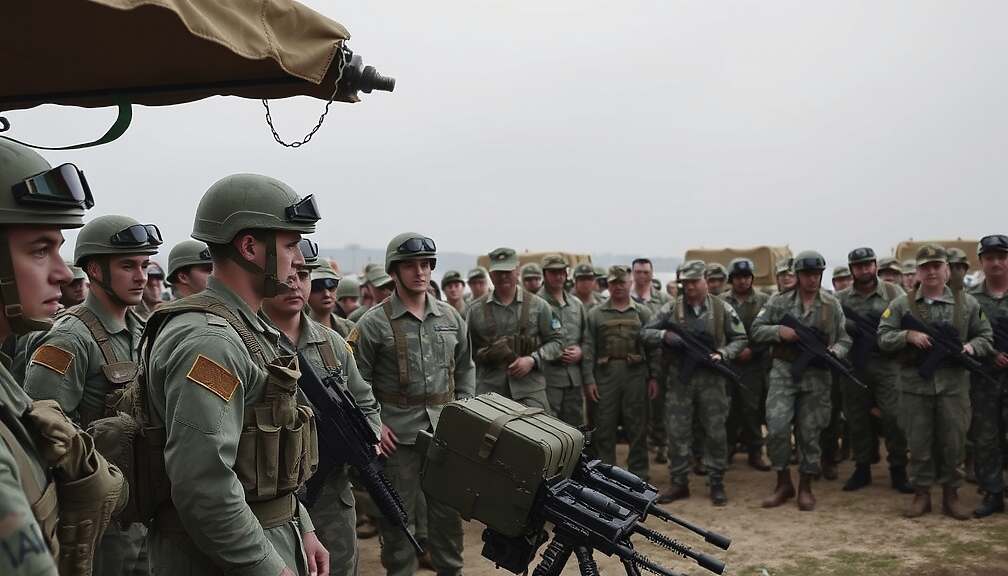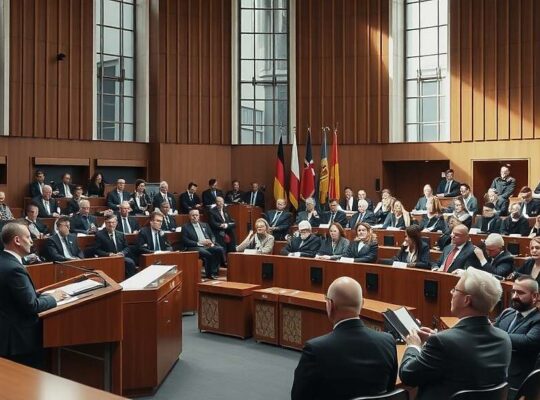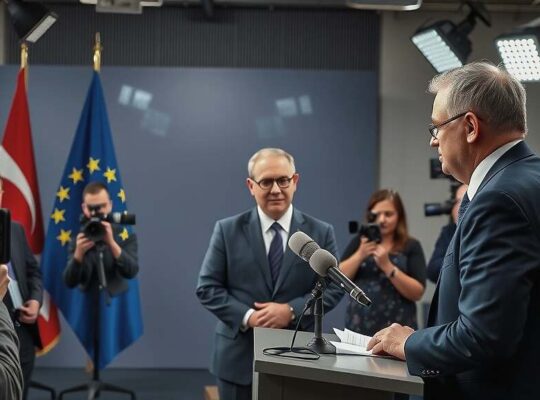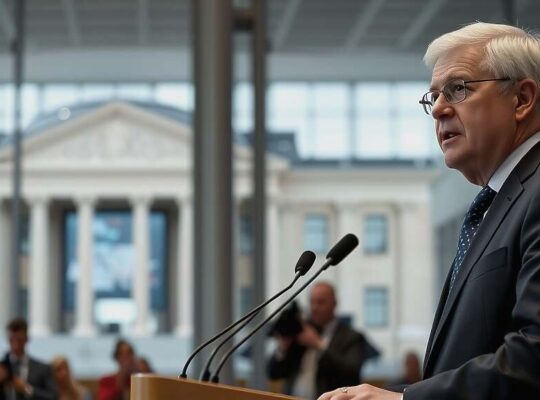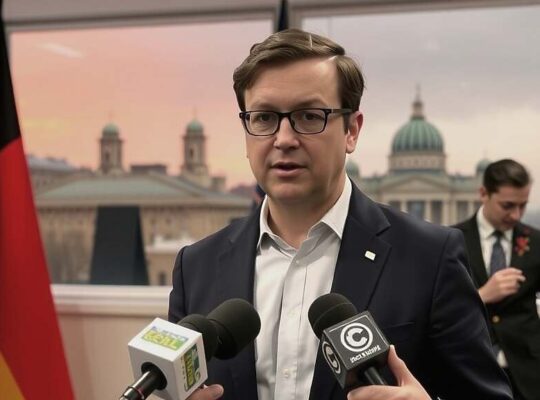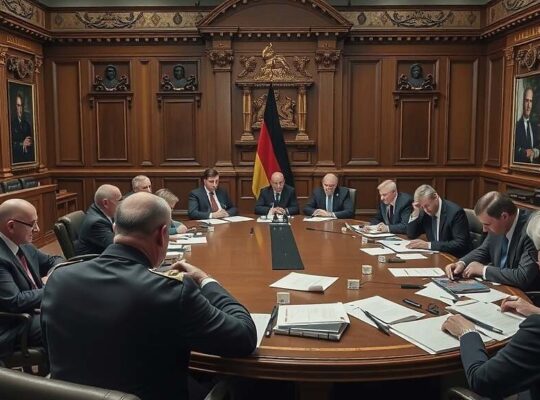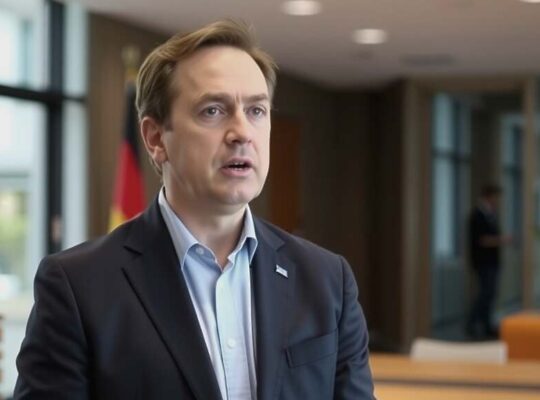The German Air Force is embarking on a sweeping and ambitious expansion plan, aiming to significantly bolster its capabilities and meet evolving NATO requirements. Newly appointed Air Force Inspector General Holger Neumann has unveiled plans for a staggering 21,000 new personnel positions by 2035, representing a greater than 70% increase from the current force of roughly 29,000. Neumann, speaking to “Der Spiegel”, characterized the project as “ambitious” and crucial for the Luftwaffe’s future operational effectiveness.
Beyond simply increasing manpower, Neumann emphasized a fundamental shift toward prioritising “victory capability” in any potential conflict. This encompasses a wide-ranging modernization program including advanced fighter aircraft, unmanned systems, transport and tanker aircraft, reconnaissance platforms, air defense systems, command centers, sensors and a growing focus on space-based capabilities. The Inspector General stressed the necessity to address existing deficits and fill critical gaps while simultaneously pursuing enhanced overall strength to maintain Germany’s reliability as a NATO partner.
A key component of the Luftwaffe’s reimagining centers around the acquisition of long-range precision strike capabilities – often referred to as “deep precision strikes”. Neumann argued for the development and deployment of such systems to establish a “plausible conventional deterrence” asserting that adversaries must fear the potential for attacks within their own territory, even below the nuclear threshold. This aggressive stance represents a notable hardening of Germany’s defense posture and a departure from previous reticence regarding offensive capabilities.
While acknowledging ongoing European collaborative efforts to develop such weapons, Neumann has controversially suggested the interim procurement of US-manufactured Tomahawk cruise missiles is “sensible” from a military perspective. This suggestion highlights the perceived urgency of the Luftwaffe’s needs and potentially signals a willingness to bypass lengthy European development timelines. The move is likely to draw scrutiny, both domestically and internationally, potentially complicating transatlantic relations and raising questions about Germany’s commitment to European defense autonomy. Observers are already questioning whether the scale of the proposed expansion, coupled with the assertive acquisition strategy, is sufficiently funded and integrated within the broader defense strategy, or if it risks creating a siloed and ultimately unsustainable military undertaking.


